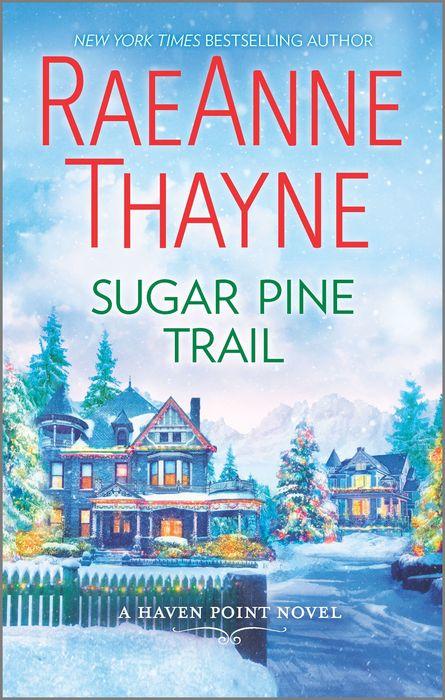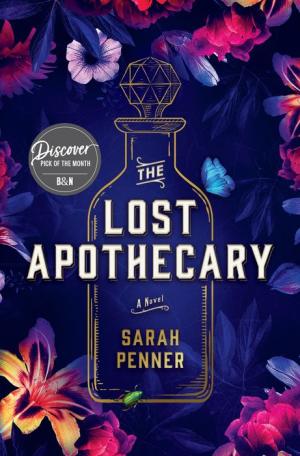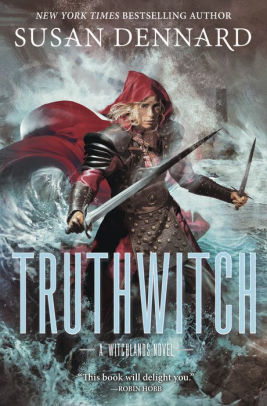
Synopsis
Twenty-six-year-old editorial assistant Nella Rogers is tired of being the only Black employee at Wagner Books. Fed up with the isolation and microaggressions, she’s thrilled when Harlem-born and bred Hazel starts working in the cubicle beside hers. They’ve only just started comparing natural hair care regimens, though, when a string of uncomfortable events elevates Hazel to Office Darling, and Nella is left in the dust.
Then the notes begin to appear on Nella’s desk: LEAVE WAGNER. NOW.
It’s hard to believe Hazel is behind these hostile messages. But as Nella starts to spiral and obsess over the sinister forces at play, she soon realizes that there’s a lot more at stake than just her career.
A whip-smart and dynamic thriller and sly social commentary that is perfect for anyone who has ever felt manipulated, threatened, or overlooked in the workplace, The Other Black Girl will keep you on the edge of your seat until the very last twist.
Review
Read: August 2021
Rating: 3.5 out of 5 stars
The Other Black Girl received a lot of hype. Its publishing rights were snapped up for seven figures in just a month-and-a-half, and Harris scored a deal for a Hulu adaptation before the book even released. With a premise as fresh as described and a pre-release reception like that, who wouldn’t have high expectations?
Harris’s bold criticisms of White people – particularly the “woke” White people who believe they have no room for improvement on racial awareness – are poignant and fucking astute. One of The Other Black Girl’s strongest points is its incredible ability to instill a deeply uncomfortable but ultimately informative sense of self-awareness in its White readers, whether you’re the person whose efforts to be inclusive have strayed into white saviorism (I’ll admit it, I’ve been there *cringe*) or the person who can take no criticism of their handling of race without losing their marbles. Harris forces White readers to confront the fact that our approaches to race, no matter how not racist we believe we’ve been, are still deeply flawed and that there is still plenty of work to be done. This message is conveyed particularly well in Nella’s encounter with Colin. Nella takes issue with the portrayal of a Black character in Colin’s new novel, but her opinion on him doesn’t truly sour until he rants at her that he isn’t a racist upon receiving the polite but honest feedback he requested of her. This outburst of Colin’s is accompanied by gaslighting from Nella’s own boss, both during and after Nella’s conversation with Colin. Through Colin and Nella’s interaction, Harris vibrantly illustrates a huge component of systemic racism: White refusal to listen when criticized about racial issues in good faith by Black people, particularly when that criticism is solicited by White people and regardless of White people’s intentions to truly listen to it.
Harris doesn’t shy away from internalized racism either. It’s just as much a conflict as racism from the White characters, and it’s just as much an antagonist as Hazel herself. Burdened with the insidious combination of racism from her White colleagues and internalized-racism-fueled sabotage by Hazel, Nella slowly begins to neglect her interpersonal relationships and her identity for the sake of succeeding in her White-dominated workplace. Harris ultimately frames the quashing of Blackness as just as much of a threat as racism from White people.
The Other Black Girl displays some major weaknesses though. First, for a thriller, the pace is oddly sluggish. Second, I feel that Nella should have had a bit less narration time in favor of one of the other women in the story. I would have loved to witness the changes in Nella from Malaika’s viewpoint, or perhaps even read a chapter or two narrated by evil scientist Imani (just for the extra dose of horror). Finally, while Harris effectively communicates the horrible racism that Black people experience so often – from White people and sometimes even from other Black people – the ending was unsatisfying and pessimistic. I get the sense that Harris wrote this book as a cautionary tale, but I still awaited a more hopeful ending – one in which the situation isn’t completely bleak. The disappointingly grim ending and the bizarre pacing blunt an otherwise promising premise, rendering The Other Black Girl something of a disappointment. Hopefully, the upcoming television adaptation will at least remedy the pacing issue, but for now I’ll rest my case with a rating of 3.5 stars out of 5.








